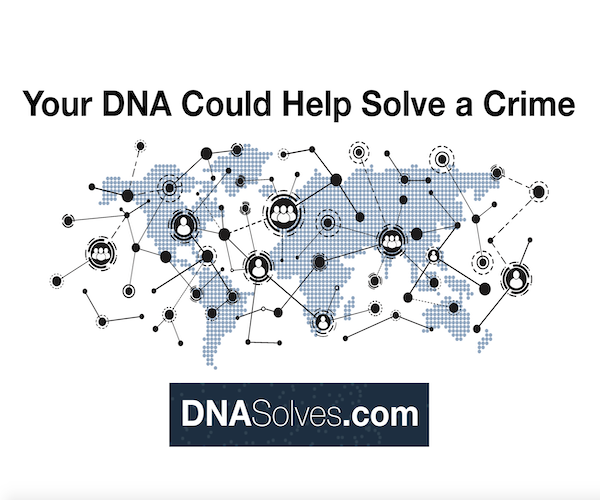Agreement with Gabriel Precision Oncology to support the routine use of advanced cancer genomics in healthcare
Cambridge, United Kingdom – 03 February 2021 – Congenica, the digital health company enabling rapid and accurate analysis of complex genomic data to transform people’s lives, announces a collaboration with Gabriel Precision Oncology Limited (“Gabriel”), a spin-out company from the University of Glasgow. Working together, Congenica and Gabriel will develop a highly automated somatic cancer clinical interpretation software platform, which will support the use of multiple genomic assays in routine clinical practice to enable NGS-based cancer molecular diagnostics at scale.
Through this collaboration, Congenica will expand its genomic interpretation platform into somatic cancer, a therapeutic area that has been identified as a key area of future focus by the Company owing to the significant scale of the oncology market coupled with the untapped potential of clinical genomics to impact patient care in the space.
Gabriel was founded by Professor Andrew Biankin, Dr. Susanna Cooke and Dr. Philip Beer of the University of Glasgow. Between them, the founders have deep expertise in cancer genomics and therapeutic development, encompassing the commercial, healthcare and academic sectors, and have played influential roles in national and international genomics consortia.
Congenica will utilise Gabriel’s bioinformatics pipeline designed specifically for the analysis of genomic data from processed cancer tissue samples. The platform will be able to detect the different types of genomic variants that are relevant for cancer with a high degree of sensitivity and specificity. Importantly, this platform is universal and will allow customers to analyse different cancer gene panels in addition to the series of panels designed by Congenica and Gabriel.
Congenica has developed know-how and IP in the field of bioinformatics, genomics, software development and data architecture which it uses to develop commercial clinical decision support platforms using genomic data. Utilising this know-how, Congenica will build a platform combining the Gabriel pipeline with Congenica software to enable the rapid interpretation of somatic cancer genomic data. By incorporating the platform into clinical testing, the aim is that next generation sequencing can be more widely integrated into routine molecular pathology testing, driving efficiency in the diagnostic process and improving outcomes for cancer patients.
Freddie Sharkey, PhD, VP Oncology & EMEA Sales, Congenica, said: “This collaboration signifies the expansion of Congenica’s product platform into somatic cancer, a disease area which we believe can significantly benefit from our platform. Gabriel brings together extensive international genomics expertise and its platform has been developed specifically to work with tumour derived DNA. We look forward to working with Gabriel to further incorporate clinical genomics into routine cancer care.”
Prof. Andrew Biankin, University of Glasgow and Gabriel, said: “At the moment, too few patients have access to advanced molecular cancer diagnostics and as a consequence miss out on potential treatments and clinical trials. A distributed model where laboratories and health systems around the world can do their own tests for their own patients using a standardised and comparable analytical platform will allow more patients to access precision medicine. Congenica’s technology is market-leading in terms of the rapid interpretation of genomic data and working together we believe that our platform will enable many more cancer patients to access new treatments.”
Author / source: Congenica / https://blog.congenica.com/congenica-enters-cancer-collaboration-with-university-of-glasgow-spinout-gabriel-precision-oncology









